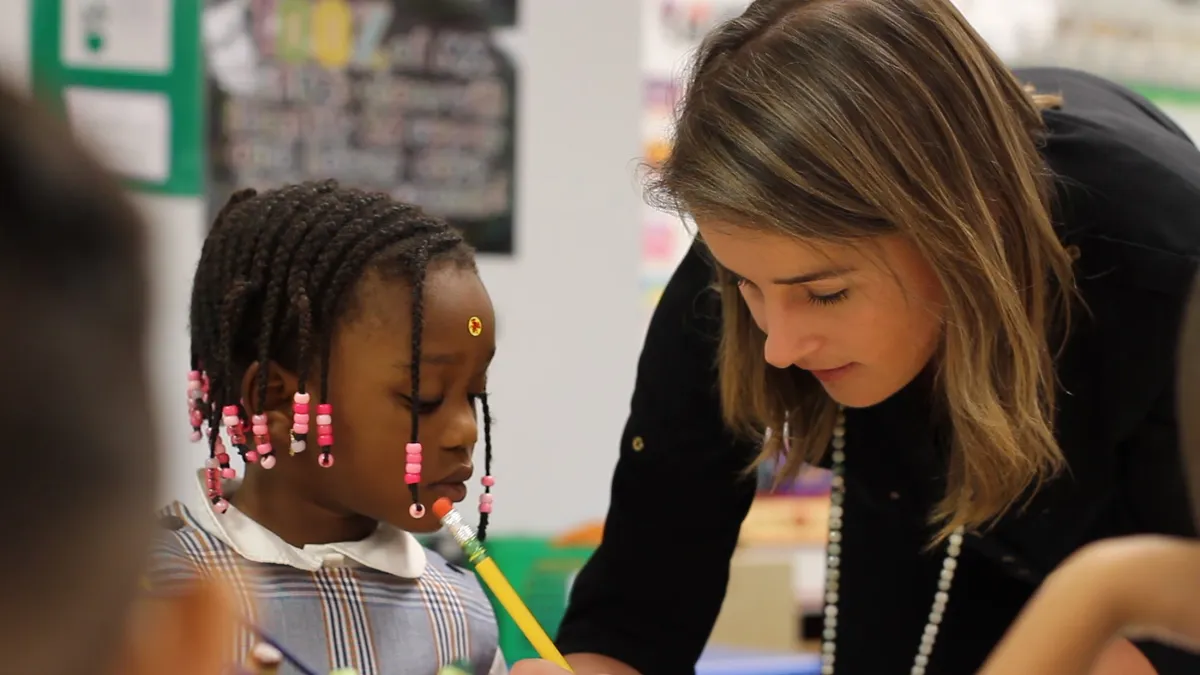The function of education is to teach one to think intensively and to think critically. Intelligence plus character — that is the goal of true education. — Dr. Martin Luther King, Jr.
Dr. King had it right. Higher education, and certainly business education, has indeed established a strong focus on the “intelligence” part of the equation. Unfortunately, the “character” component has too often been honored in the breach.
So, as the dean of a business school, I have something of a hidden agenda. Without sounding grandiose, my vision is to transform current students into future leaders who possess a socially-conscious approach to doing business. I see a pedagogy that blends consciousness, spirituality and sustainability and thereby elevates business conduct within our system to a whole new level.
How might this agenda see the light of day? The answer involves both academics and awareness. Curriculum needs to inform consciousness — through dialogue, reflection, exercises, outreach projects, interdisciplinary approaches and more.
Creating an intersection between academics and real-world experience
Students in both the undergraduate and MBA programs at Woodbury University, where I teach, are exposed to multiple courses with a strong civic engagement component, and numerous others through which the mindset of “being successful by doing the right thing” is infused. At each program level is a course that involves consultancy and market review, and one that focuses on moral and social awareness.
Regardless of his or her major, each student is required to fulfill an internship, mentored by an internship director. The benefits of the internship requirement are manifold: students obtain real work experience during the semester of their internship; they get the opportunity to be hired by their internship employer and may begin their working lives “from inside,” so to speak; and they learn first-hand whether the area of their internship is apt to blossom into a career.
Business schools ought to relish being in the position of preparing future workforce members to perform in jobs yet to be developed, and to solve problems yet to reveal themselves. This is why creative and critical thinking need to be so prominent in interactions with students, and in student interactions with potential employers.
Schools of business arguably are on the front lines of the emerging workforce. That was certainly Woodbury’s rationale in offering courses in flexible formats in the 1990s, as a way to accommodate working adults. Less obvious — and perhaps more prescient — was our decision to offer a workplace spirituality course in our MBA program.
When, near the turn of the millennium, several Ivy League B-Schools decided to abandon Organizational Behavior from the core curriculum due to its perceived “career-ineffectiveness” by recent graduates, Woodbury’s B-School stuck to its guns and kept OB within its core programs. Almost a decade later, Ivy League programs rescinded their claims, and students acknowledged that OB courses were actually among the most useful in their careers. This was vindication, perhaps, but also a vote for pragmatism.
Enhancing student readiness with social-emotional learning courses and opportunities
It is in that spirit that I enthusiastically advocate for a comprehensive, socially-conscious curriculum – not a random course or two in ethics or sustainability, but a program-wide embrace of the responsibility of business to all its stakeholders: employees, customers, partners and communities, every bit as much as investors and financial markets.
At Woodbury, we’ve witnessed how this holistic approach can play out. Indeed, we see programs that inspire tremendous shifts by our students, many of whom are first-generation college attendees. Whether at the MBA or undergraduate level, B-School students tend to establish relationships for life, often starting what become lucrative businesses together. In recent years, as a result of expanded student awareness about effecting positive change, many of these new ventures have been created in the non-profit realm.
One such enterprise is “Share the Love,” a team-project in Woodbury’s Spring 2017 Business Ethics course, in which undergraduate students started a GoFundMe account, acquiring backing to purchase blankets, food, and sanitation items for some of the homeless on L.A.’s Skid Row. “’Share the Love’ gave me a real idea of how nonprofits work, along with real-world experience with the concepts imparted in the classroom,” said Bailey Hanson, a marketing student who plans to start “multiple nonprofits” in the years ahead.
Brandon Lopez, a management student and one of the initiators of the “Share the Love” project, intends to take the effort to the next level, “perhaps expanding from simply handing care packages to people, to arranging professional volunteers to help groom fellow Angelenos who make their home in the streets, to arranging meetings that enable the homeless to improve their interpersonal skills, obtaining jobs and contributing to society and our economy. Anything’s possible.”
Through ongoing efforts to deliver business education for the real world, combined with creative awareness of business opportunities anchored in social and human needs, schools of business can indeed prepare current students and future leaders for business with a conscience.
This approach shouldn’t be a “nice to have,” an elective or a frill. Instead, it needs to be a fundamental precept of business education — and business itself — in the 21st Century.
Dr. Joan Marques is Professor of Management and Dean, School of Business, Woodbury University, Burbank, Calif.

















